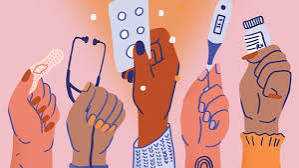
Audrey Galawu
Assistant Editor
The SHE & Rights session recently gathered global experts to address critical challenges surrounding sexual and reproductive health and rights for young people.
The event highlighted the barriers that continue to limit access to education and healthcare, particularly for youth in marginalized communities. Through powerful discussions and presentations, the session underscored the urgency of overcoming these obstacles and ensuring that young people are empowered to make informed decisions about their health and well-being.
Lady Nancy Lisondra, Youth and Advocacy Advisor at the International Planned Parenthood Federation, emphasized the persistent inequalities that prevent young people, especially girls, from accessing essential healthcare and education.
Like many countries, Zimbabwe faces significant barriers in addressing the needs of its youth, particularly girls and marginalized groups. From limited access to healthcare and education to deep-rooted cultural stigmas, Zimbabwe’s youth are often denied the opportunity to make informed decisions about their sexual and reproductive health.
One of the critical issues raised at the SHE & Rights session was the struggle young people face in accessing accurate information about sexual health.
In Zimbabwe, many adolescents, especially those in rural areas, face a lack of access to comprehensive sexuality education.
This lack of education contributes to the rising rates of teenage pregnancies, early marriages, and the spread of sexually transmitted infections (STIs), including HIV. According to UNICEF, adolescent girls in Zimbabwe are at greater risk of early marriage and motherhood, which in turn limits their educational and economic opportunities.
The session's discussions on gender inequality and the need for youth-friendly healthcare services resonate deeply with Zimbabwe’s current situation. Many young women in Zimbabwe face social and economic pressures that limit their ability to access and utilize SRHR services.
This is particularly evident in the country’s rural and informal settlements, where healthcare infrastructure is limited and cultural norms often dictate that women should prioritize family responsibilities over their own health.
"Inequality, injustice, and stigma continue to pose threats to our health and wellbeing, particularly for women and girls," Lisondra said. She specifically pointed to the challenges faced by girls who lack proper sanitary products, which prevents them from attending school. This issue, according to Lisondra, is a key barrier to education and empowerment.
Related Stories
Lisondra also discussed the compounded effect of climate change on gender inequality, highlighting how the worsening climate crisis threatens health, livelihood, and safety, particularly for women and girls. She called attention to issues like early marriages, adolescent pregnancies, and the lack of comprehensive sexuality education (CSE), which remain significant challenges for youth in many parts of the world.
In India, Pooja Mishra, National Youth Coordinator of Youth Lead Voices, shared the unique challenges faced by young people living with HIV (PLHIV). Mishra emphasized the difficulties faced by youth in rural areas who struggle with judgment from healthcare providers and face mental health challenges such as depression and anxiety, which hinder their ability to seek care.
"Young PLHIVs suffer from mental health issues, which significantly impact their ability to access SRHR services," Mishra explained.
She urged for more youth-friendly, peer-led healthcare services that offer culturally sensitive, confidential, and non-judgmental care. Mishra stressed that lack of awareness about SRHR services, especially in rural areas, along with the stigma surrounding HIV, limits access to vital healthcare for young people in India.
Shah highlighted the crucial role of comprehensive sexuality education (CSE) in empowering youth and preventing early pregnancies. However, she noted that cultural and religious barriers in many parts of South Asia, especially in Pakistan, have led to a lack of CSE in schools and communities. As a result, adolescent pregnancies continue to rise, underscoring the urgent need for policy reforms and increased access to SRHR services.
The Need for Policy Change
Gressa Mae G. Pepito, Vice President of the Family Planning Organization of the Philippines, echoed similar concerns about the lack of CSE in her country. "The lack of accurate and reliable information about sex is a significant barrier," Pepito said.
With many young people turning to social media or peers for information, misinformation is widespread. Pepito called for the passage of the Adolescent Pregnancy Prevention Bill, which aims to improve access to age-appropriate, evidence-based sexual health education and services.
A key takeaway from the session was the critical role young people can play in advocating for their own health and rights. Letlhogonolo Mokgoroane, a legal practitioner from South Africa, discussed the country's progressive laws that ensure youth have the right to access contraceptives and sexual health services without parental consent.
"Young people have the right to make decisions regarding their reproductive health and access necessary services," Mokgoroane affirmed, highlighting the importance of legal protections for youth autonomy and privacy.
The SHE & Rights session concluded with a call for greater collaboration among governments, organizations, and communities to create policies and services that are inclusive and accessible to young people. As Pepito summarized, "Our voices, no matter how small they may seem, hold the power to create meaningful change."
By amplifying youth voices, improving access to education, and breaking down cultural and social barriers, we can pave the way for a future where every young person has the opportunity to thrive, make informed decisions, and take control of their sexual and reproductive health.










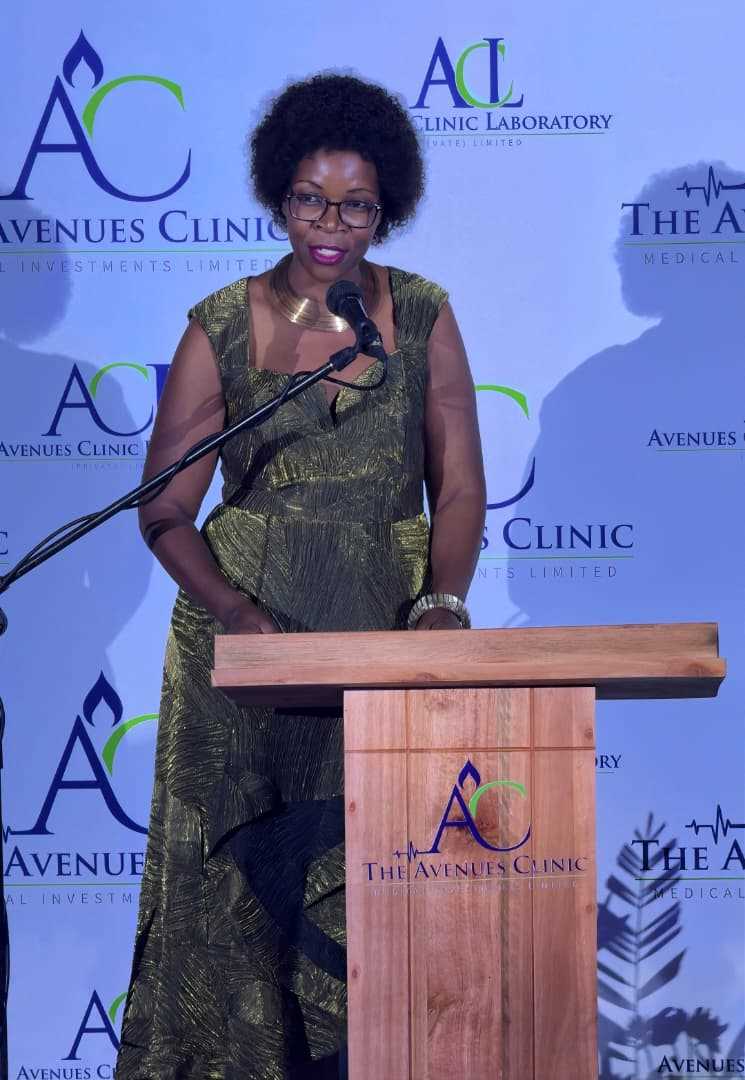

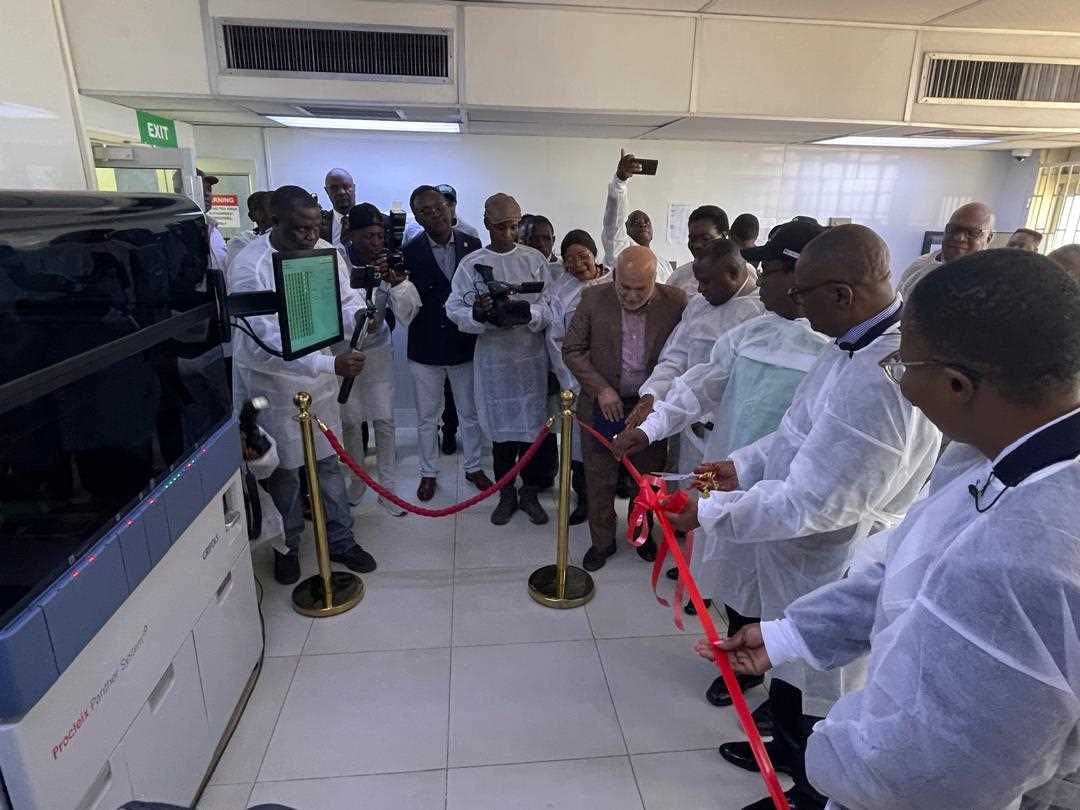

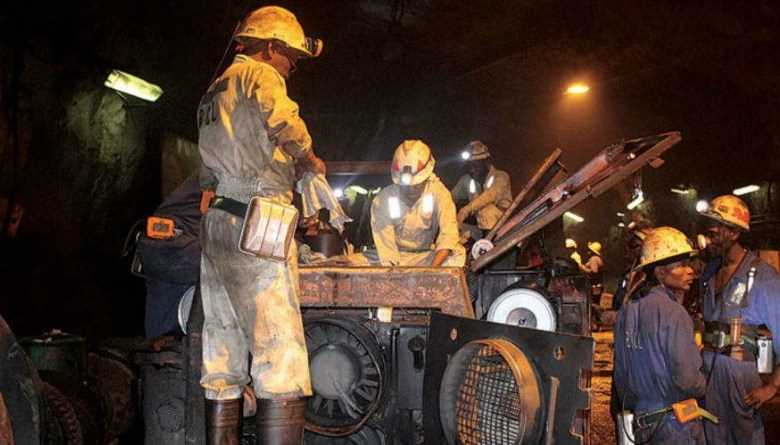


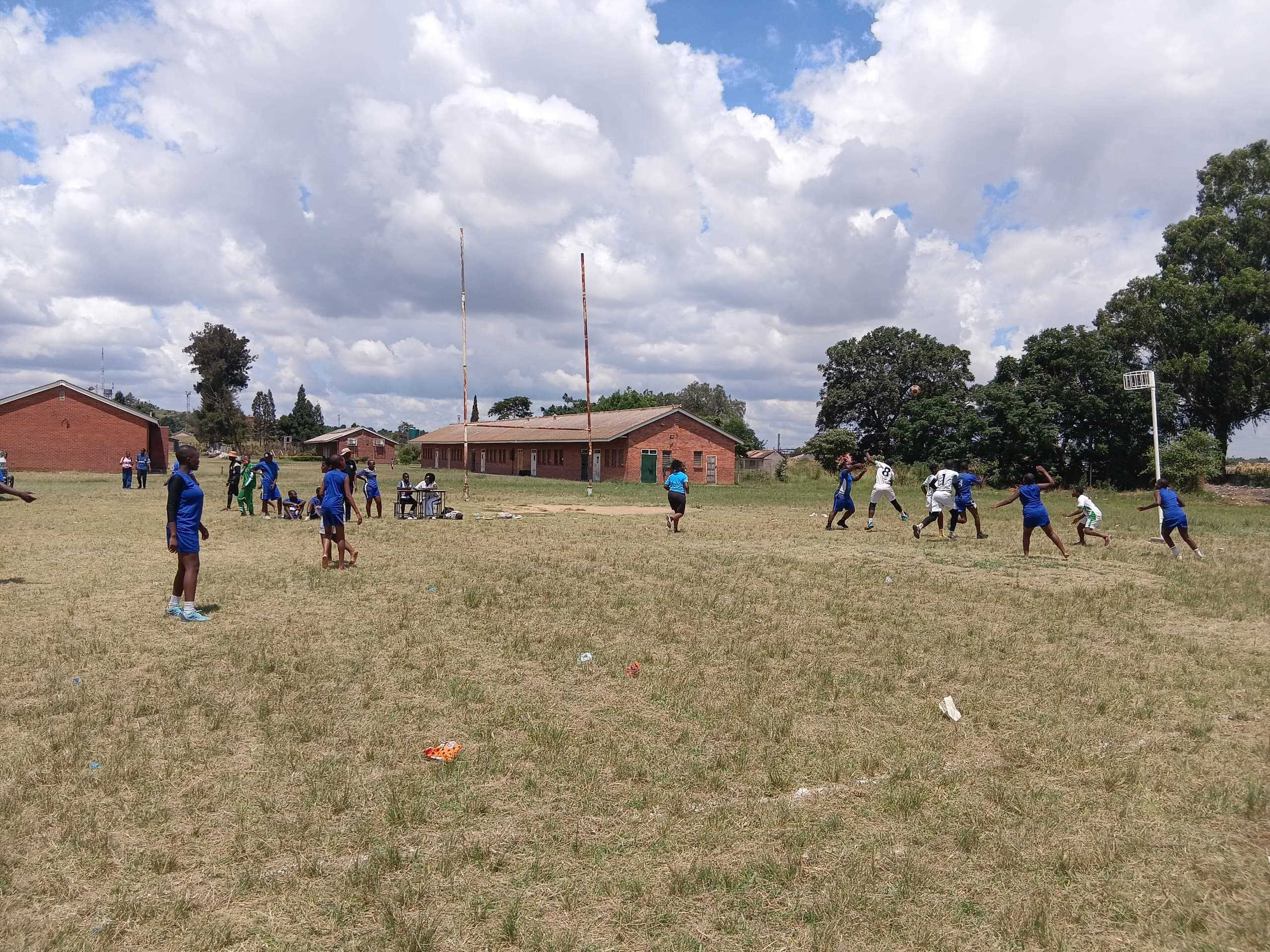


Leave Comments